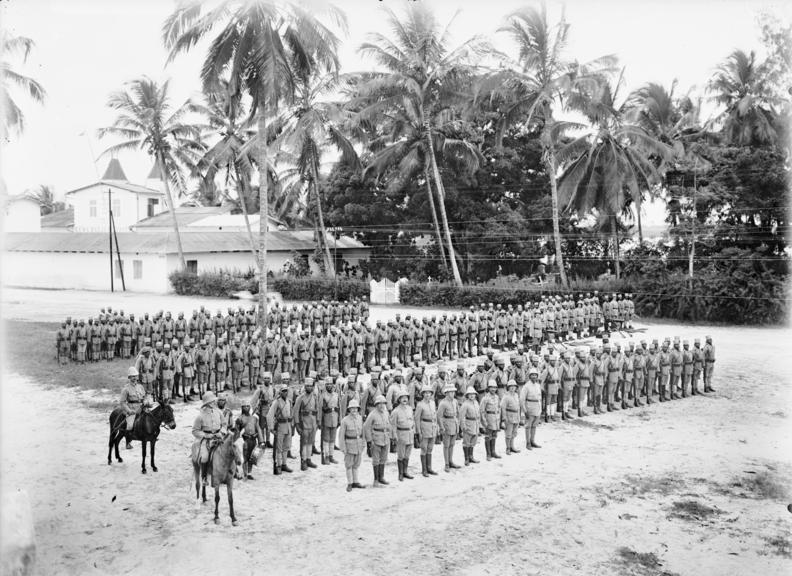Women's suffrage in Germany *nationally* could be possible to achieve fairly quickly, it was not a constitutional amendment (it was in the 1869 Reichstag Electoral Law of the NGF, which then carried over to the Empire), so it could be passed by ordinary Reichstag law. A liberal-SPD majority in the Reichstag could advance it.
Of course, that doesn't affect the states, who would each need to pass women's suffrage individually, and since there were quite a few tiny statelets dominated by conservatives and agrarians they could, in theory, retain male only suffrage in state parliaments indefinitely. See: the last canton in Switzerland to grant women's suffrage in 1991
Of course, that doesn't affect the states, who would each need to pass women's suffrage individually, and since there were quite a few tiny statelets dominated by conservatives and agrarians they could, in theory, retain male only suffrage in state parliaments indefinitely. See: the last canton in Switzerland to grant women's suffrage in 1991

